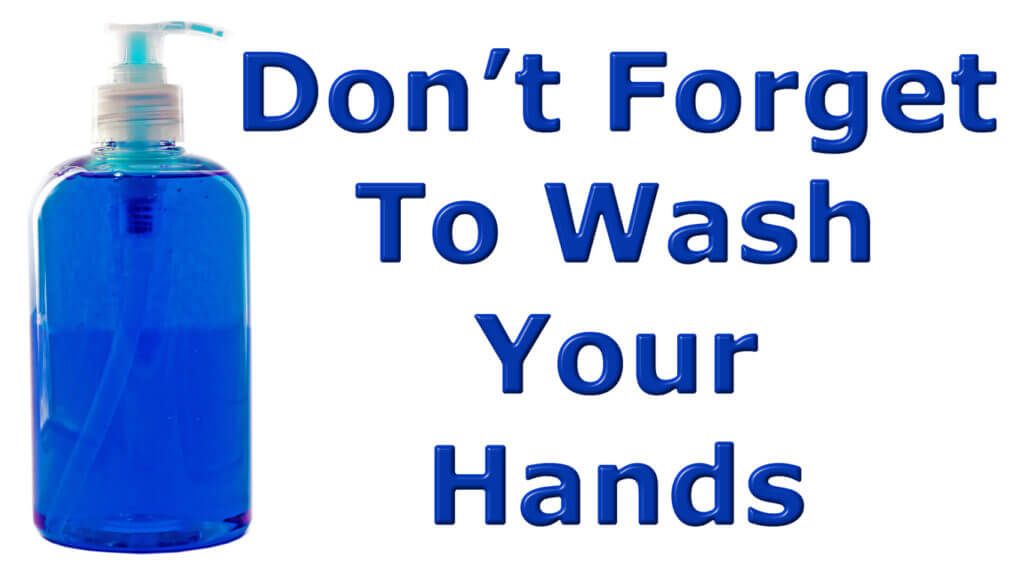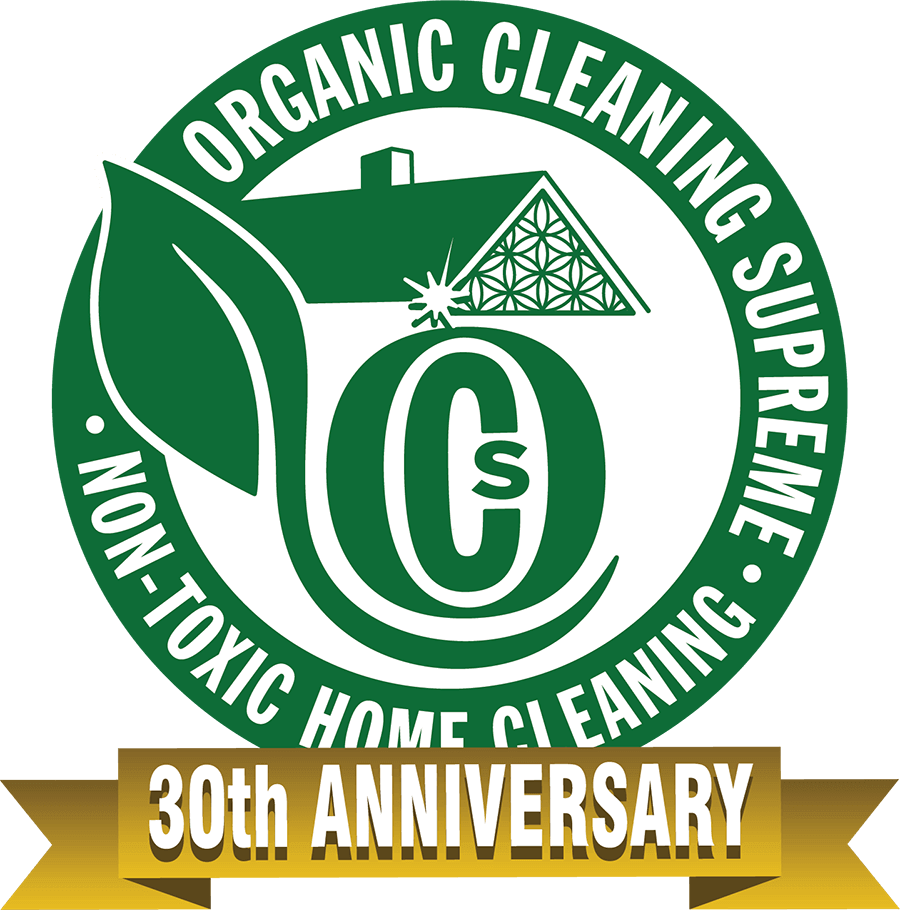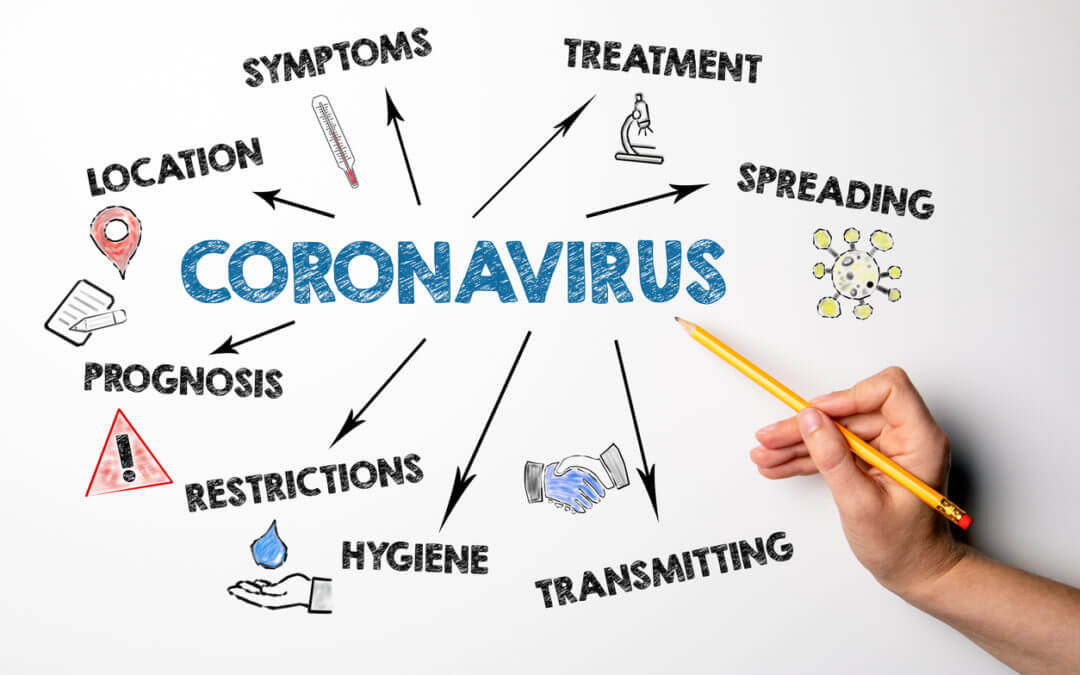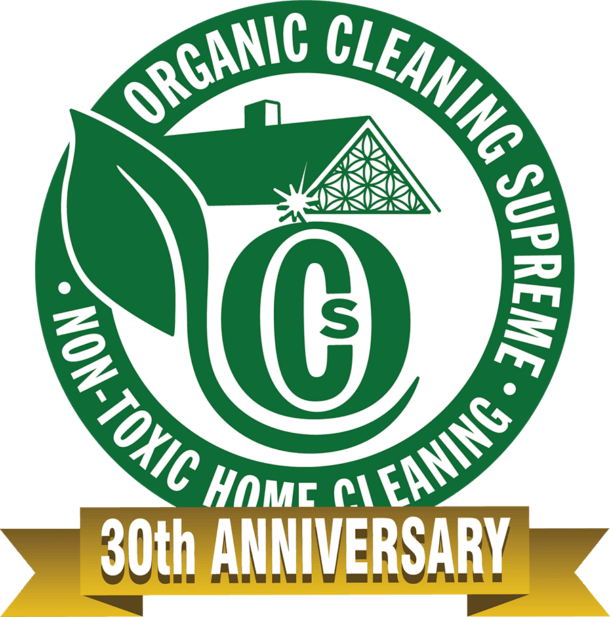Organic Cleaning Supreme and Cleaning4Kids.org cleans AND disinfects without chemicals by using steam. We’ve expanded our use of steam to include high touch areas like tables, doorknobs, light switches, handles, desks, toilets, faucets, sinks. This makes Organic Cleaning Supreme one of the best defenses in your home against Coronavirus.
In the last two weeks, awareness of the novel coronavirus, or COVID-19 skyrocketed. As have fears about how to protect ourselves, our families, our homes and our places of business. In Marin, the added concerns about the use of harsh disinfectants often enter the conversation.
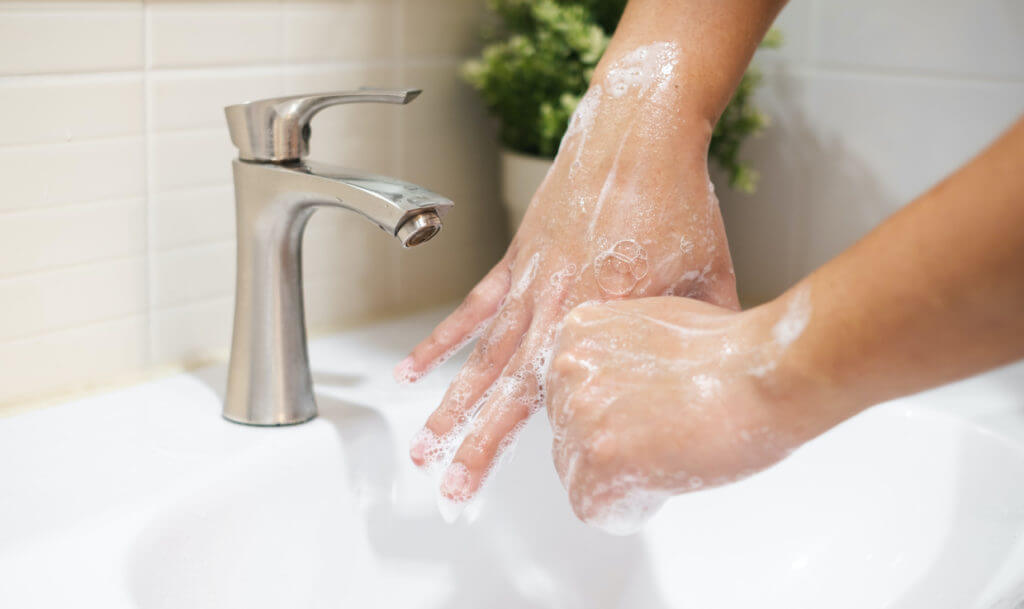
Hand washing with soap and water is rule #1
Hand sanitizers are a convenient way to keep your hands free of germs when conventional handwashing is not an option. However, washing your hands for 20 seconds with simple soap and water is the recommended action to take, and to do it often.
This is straight from the Center for Disease Control (CDC) website:
Clean your hands often
- Wash your hands often with soap and water for at least 20 seconds especially after you have been in a public place, or after blowing your nose, coughing, or sneezing.
- If soap and water are not readily available, use a hand sanitizer that contains at least 60% alcohol. Cover all surfaces of your hands and rub them together until they feel dry.
- Avoid touching your eyes, nose, and mouth with unwashed hands.
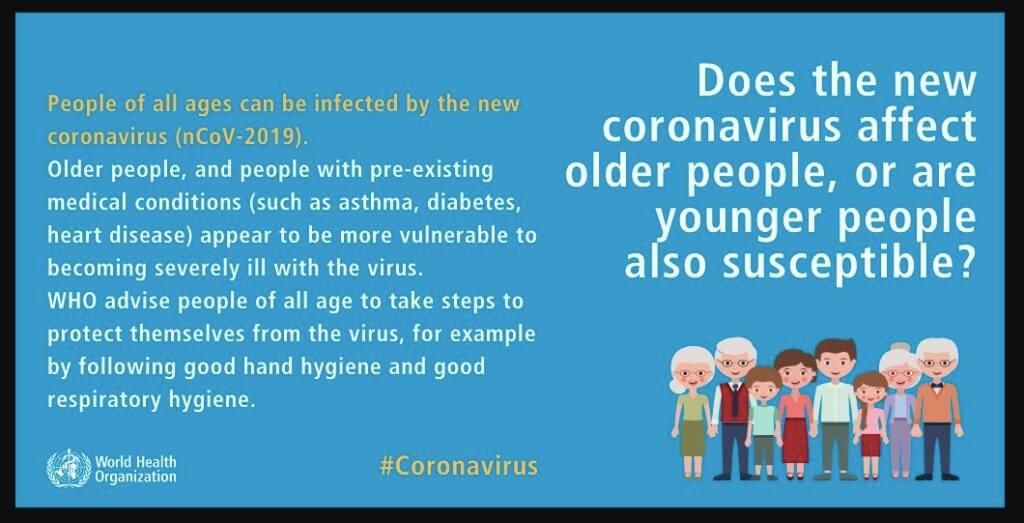
Concern is being voiced that the hand sanitizers used must contain at least 60% alcohol in order to reduce the number of germs on your hands, but products that are alcohol-free or have a lower percentage of alcohol are not as effective. People are also being discouraged from mixing their own hand sanitizers for fear that the mixtures will give a false sense of security rather than real protection.
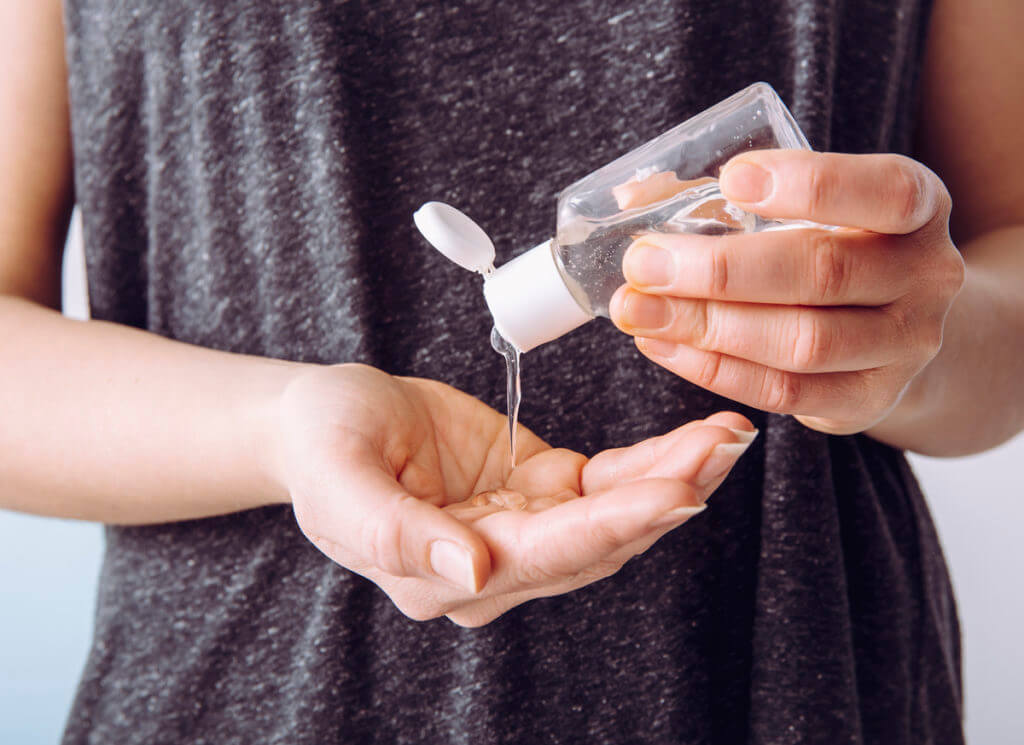
Hand washing is first, but what comes next?
- Avoid close contact with people who are sick
- Stay home when you are sick
- Cover your cough or sneeze with a tissue, then throw the tissue in the trash
A cluster of illness in China was first reported to the World Health Organization (WHO) on New Year’s Eve. By coincidence, in January we posted about the often-overlooked areas in the home that can harbor germs. Today, you may want to revisit that post, since people are taking a second look at how germs are spread, from person to person.
The virus appears to be spread through human to human contact, though it was first assumed it was animal to human contact.
WHO says the virus can move from person to person via:
- Respiratory droplets – when a person sneezes or coughs.
- Direct contact with infected individuals.
- Contact with contaminated surfaces and objects.
Since the virus can be spread by contact with contaminated surfaces and objects, keeping often touched surfaces clean is especially important. So much is still unknown about the virus and the spread of infection.
Does coronavirus survive on surfaces for long?
This is a question the medical community is still grappling with and studies focusing on the coronavirus responsible for SARS and MERS reveal clues. In an article in the Journal of Hospital Infection (2/6/20), which reviewed approximately 22 earlier studies, their finding was unsettling. Evidently, the coronavirus may be able to persist on surfaces for up to nine days.
The CDC defines cleaning as the removal of germs, dirt, and impurities from surfaces. That is where soap comes in. They also indicate that cleaning does not kill germs, but by removing them, it lowers their numbers and the risk of spreading infection. That is why they further suggest the use of disinfectants to kill germs on surfaces.
Different surfaces are more supportive to the virus. So far, available evidence suggests it can be transmitted less easily from soft surfaces than frequently touched hard surfaces, such as a doorknob, light switch or elevator button.
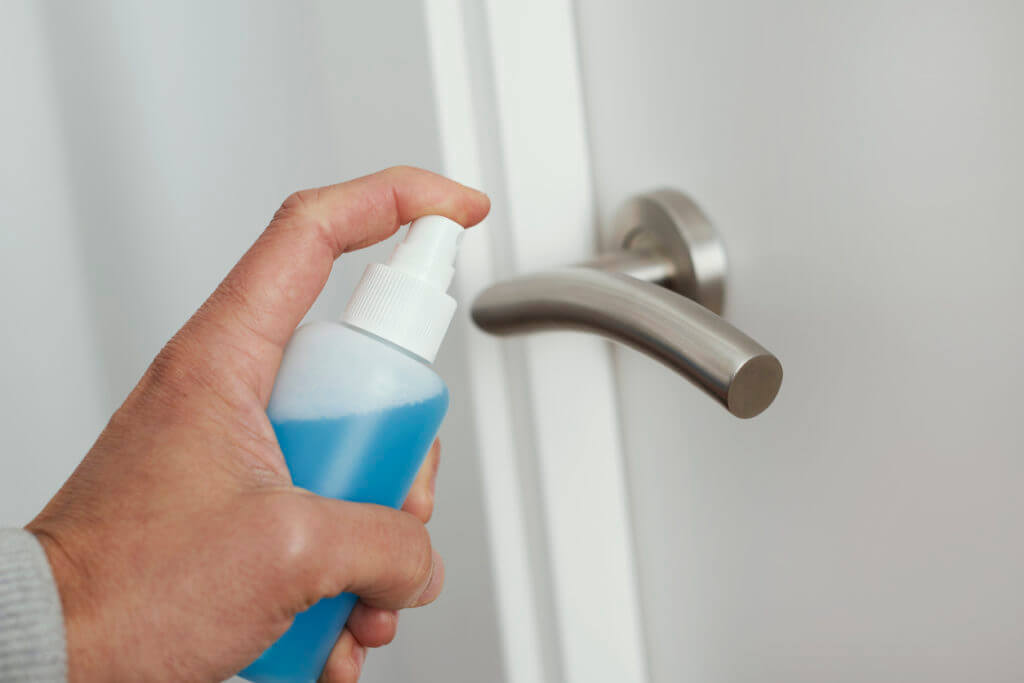
Keep wiping off those often-touched surfaces, like entryway doorknobs, the side table where you toss your keys, and the light switches you touch as you walk through the door. If you are among the individuals who don’t like using disinfectant wipes, wash the surfaces with detergent.
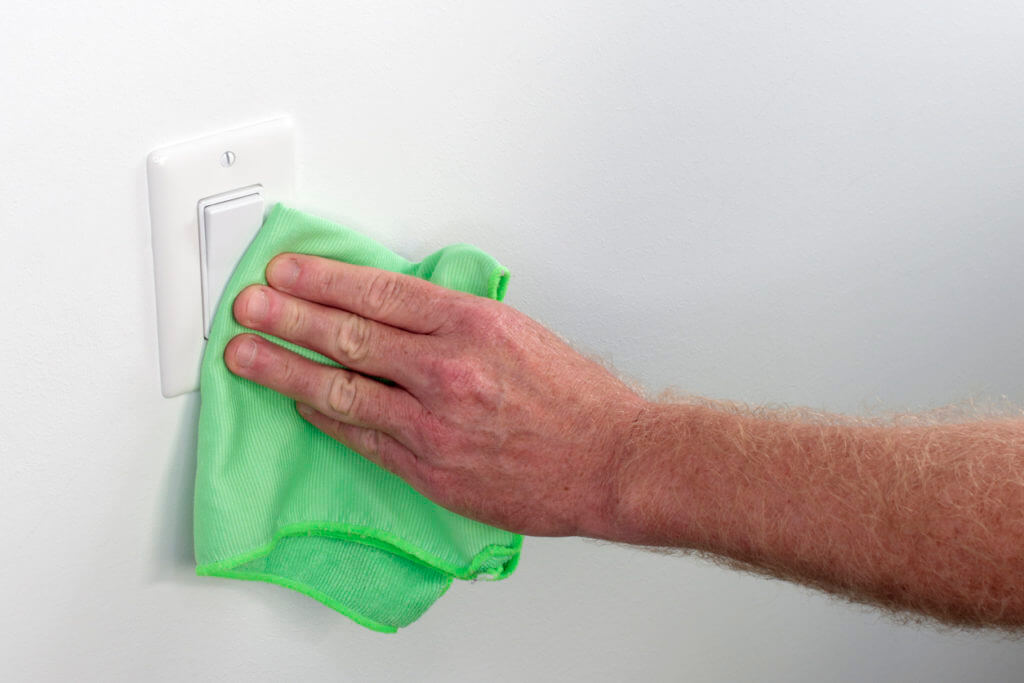
When looking for products that are approved for use against COVID-19, the usual products are listed by the Environmental Protection Agency (EPA), as approved disinfectants. Clorox and Lysol products are among them. The EPA indicates that companies had to demonstrate that their products (listed) are effective against viruses even “harder-to-kill” than the novel coronavirus. Ironically, and sadly for those concerned about natural products, the EPA does not review other household products, such as vinegar, or determine whether they’re effective against viruses and bacteria.
There is another safe option. Steam cleans, sanitizes and deodorizes. It kills 99.9 percent of bacteria, germs and dust mites. This includes viruses, bacteria, surface molds, E. coli, Staph, Salmonella and other micro-organisms. Steam is an environmentally friendly option. Water has to be heated to at least 175 degrees for it to efficiently sanitize.
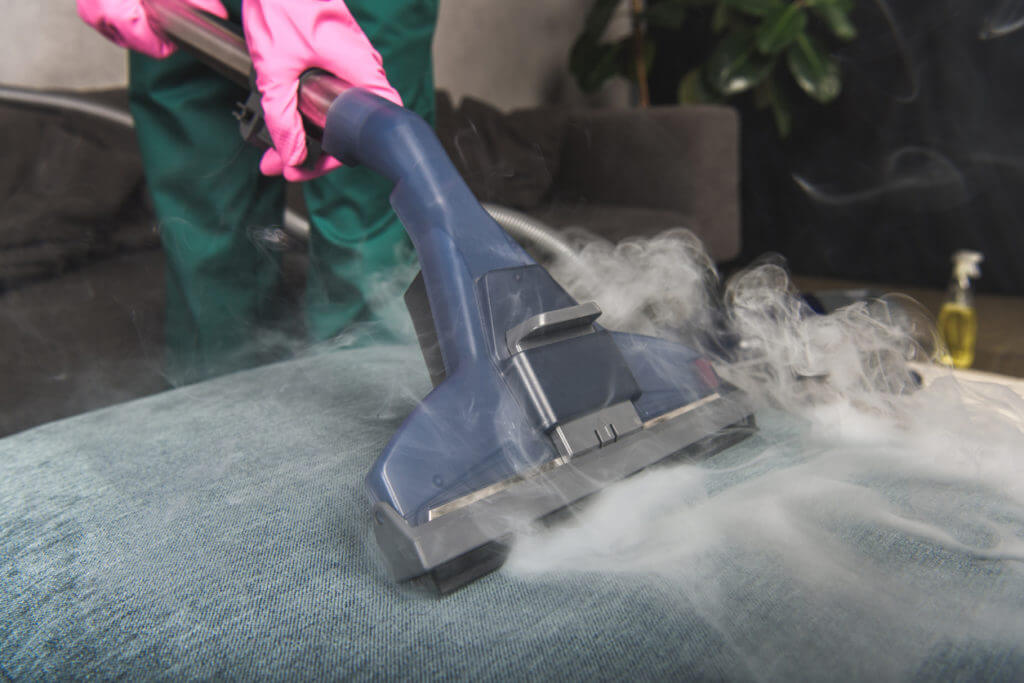
Not only is steam better for the environment, providing an essentially organic, green cleaning option, it works great on a variety of surfaces.
While we are dealing with this COVID-19 pandemic, it is important to not only keep our environments safe, we need to keep ourselves healthy. Dr. Nicole Yezman, ND, LAc and Dr. Kathleen Harley, ND of Naturopathic Optimal Wellness in San Rafael are providing this information to their patients and friends.
- Get enough sleep. Our bodies operate at their best when we get enough sleep, and that goes for the immune system too.
- Avoid sugar. Sugar depresses the immune system for 5-6 hours at a time. We want to do the opposite of that, and help the immune system operate more effectively.
- Castor oil packs to the abdomen boost the immune system function. Over 80% of your immune system is in your digestive tract, so increasing the amount of blood and lymph to that area is a terrific idea.
- Dry skin brushing, for 1-2 minutes before bed also moves the lymph in the body more efficiently, thereby boosting the immune system.
- Drink plenty of water each day, to wash your cells and keep things moving. In and out. Toxins in, toxins out.
- More of the Basic Treatment Guidelines, or BTG’s: being outside as much as possible, deep breathing, meditation and spending time relaxing, all of these allow the body down time to garner its best stance against infection.
Reliable resources from Harvard Health Blog
- Harvard Health Publishing’s Coronavirus Resource Center
- WHO coronavirus websiteand answers to frequently asked questions
- WHO coronavirus mythbusters page
- CDC coronavirus websiteand answers to frequently asked questions
If you still have questions, or would like to book an appointment, please call us today at (415) 519-7404.
